Record flooding in Bosnia, Serbia
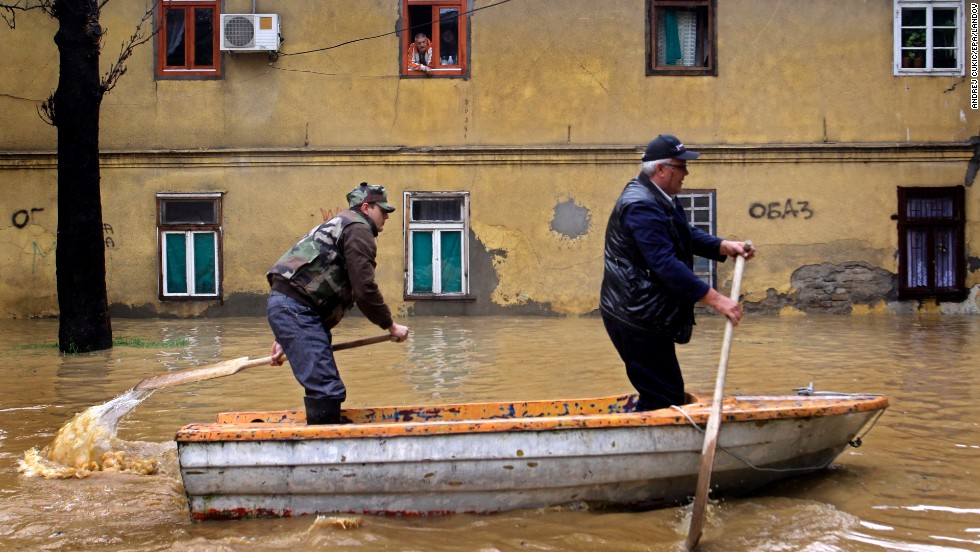
-
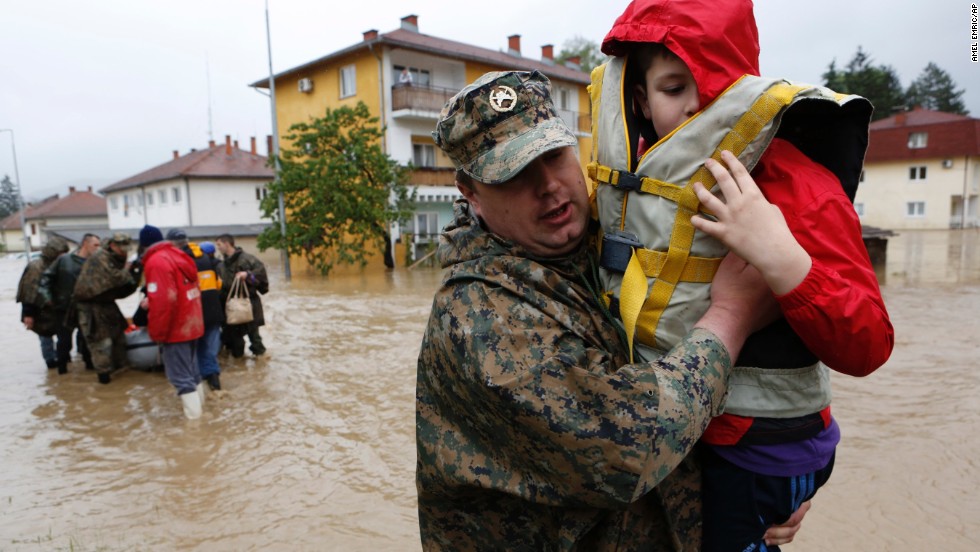
A
member of the Bosnian army carries a boy rescued from his home on May
16 in the town of Maglaj. Belgrade authorities say the average rainfall
of a two-month period hit the city in just 40 hours.
-
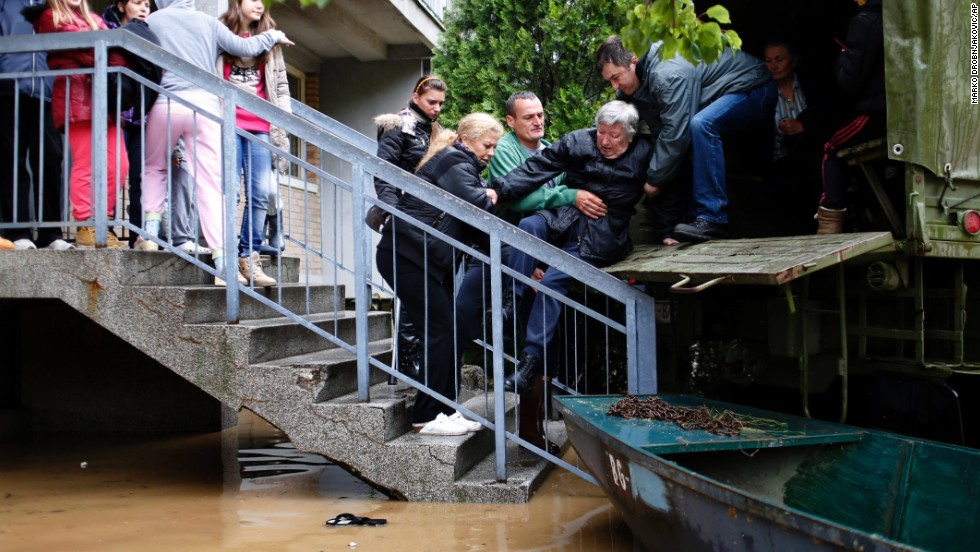
-


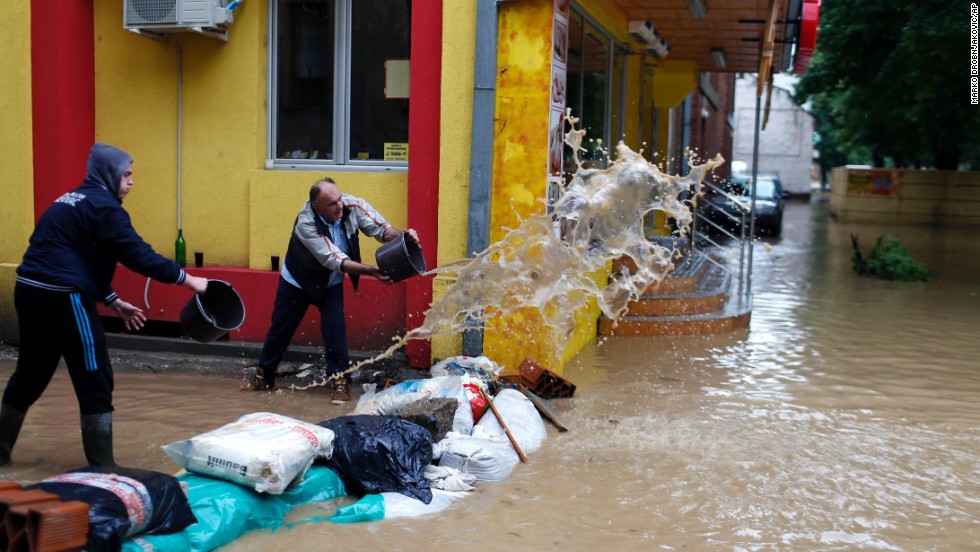
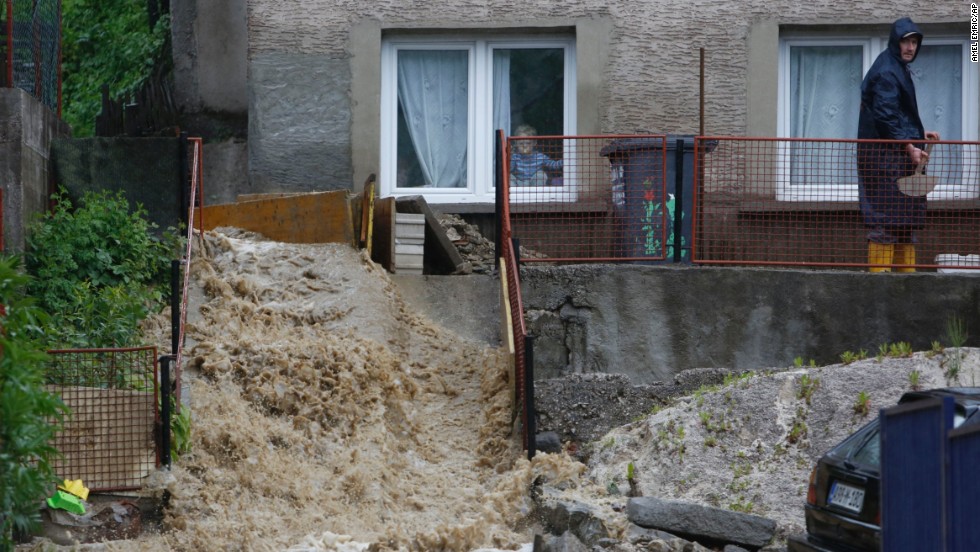
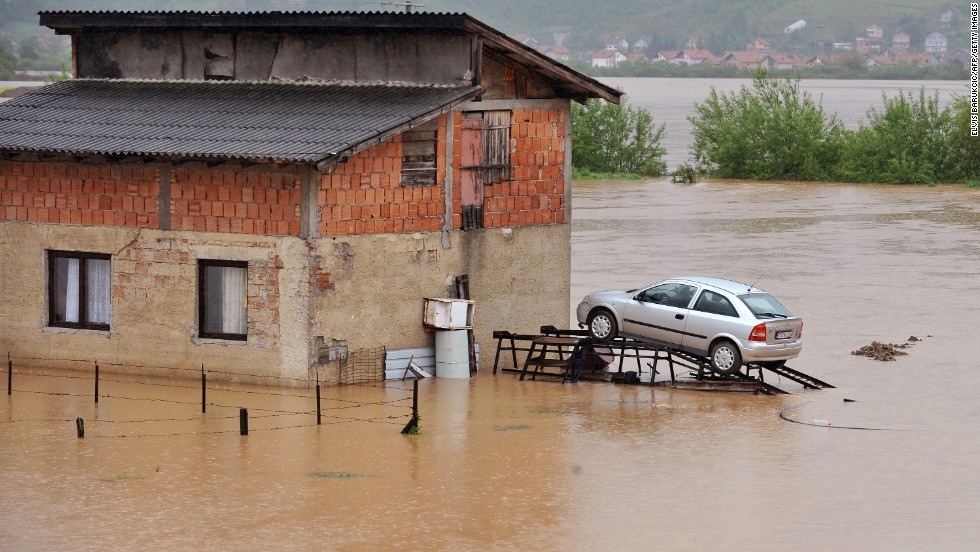
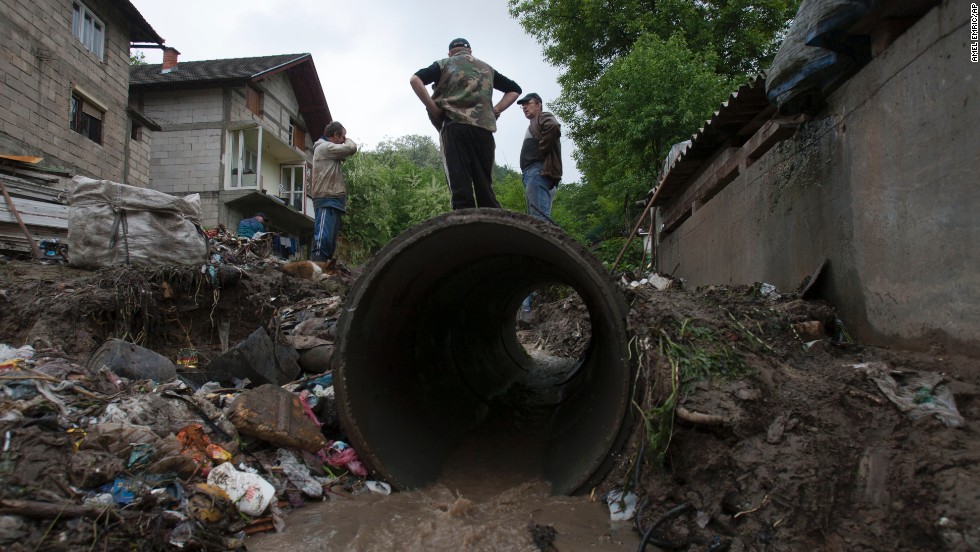
No comments:
Post a Comment